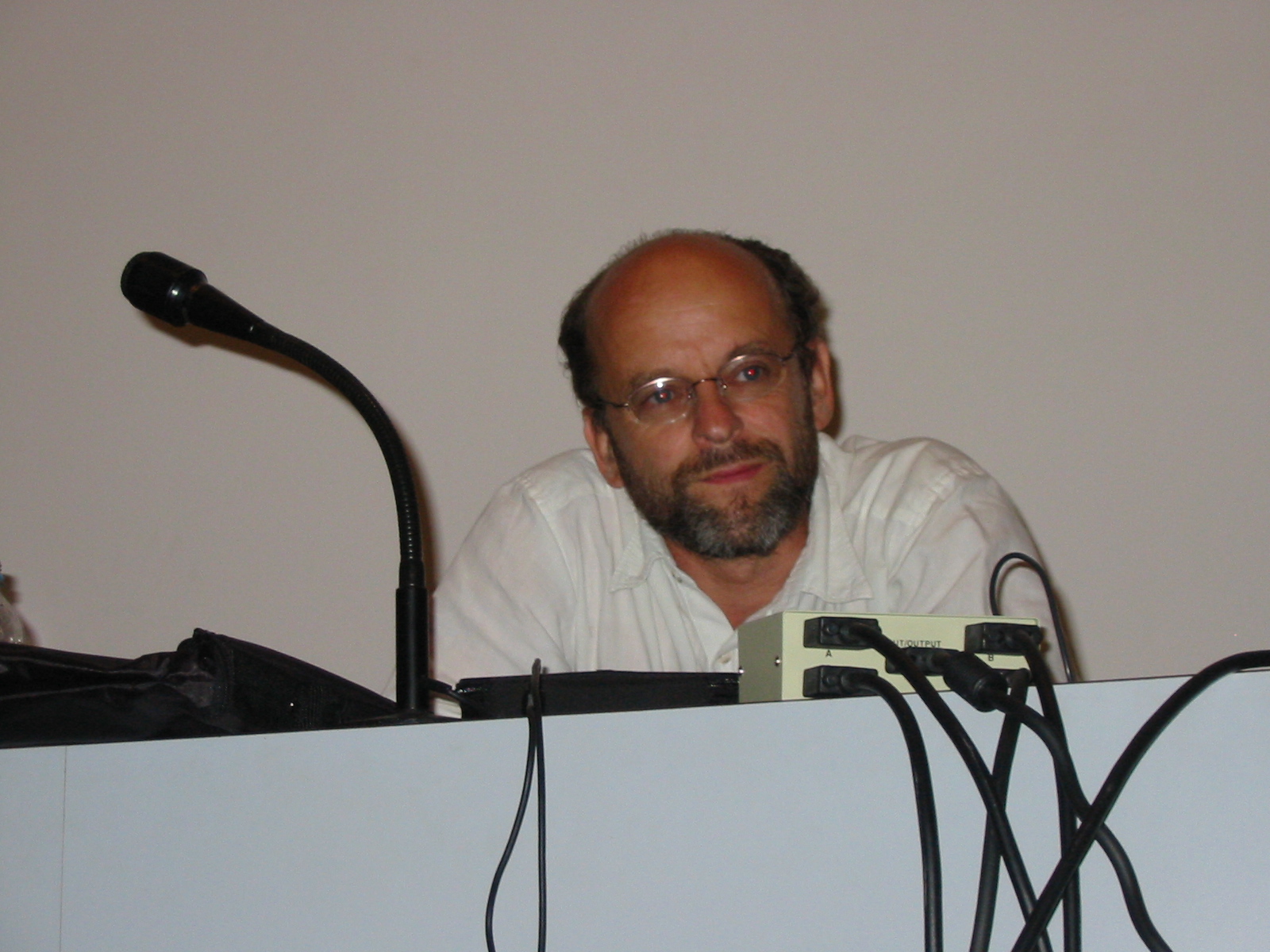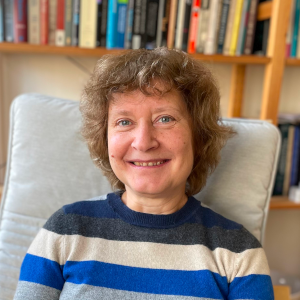Invited Speakers

Claudia d’Amato
University of BariClaudia d’Amato is associate professor at the University of Bari – Computer Science Department and she got the Italian Habilitation for the functions of Full Professor for the Scientific Sector “09/H1 – Information Processing Systems” (currently GDS 09/IINF-05 -SISTEMI DI ELABORAZIONE DELLE INFORMAZIONI) on April 14th, 2021 and for the Scientific Sector “01/B1 – Informatics” (currently GDS 01/INFO-01 - INFORMATICA) on April 29th, 2021. She obtained her PhD in 2007 from the University of Bari, Italy, defending the thesis titled “Similarity Based Learning Methods for the Semantic Web. She pioneered the research on Machine Learning methods for ontology mining and Knowledge Graphs that still represents her main research interest jointly with the development of neural-symbolic and explainable solutions to be applied to Knowledge Graphs. Claudia d’Amato has been also invited researcher at several universities and international research institutes such as: the University of Koblenz-Landau in 2006, 2007, 2008, 2013 working with Prof. Stefen Staab, the University of Oxford in 2012 working with Prof. Thomas Lukasiewicz, INRIA –Sophia-Antipolis in 2015 working with Dr. Fabien Gandon and Prof. Andrea Tettamanzi, the University of Poznan in 2011 and 2013 working with Dr. Agnieszka Lawrynowicz, FBK in 2012 working with Dr. Luciano Serafini. She is member of the editorial board of the Transactions on Graph Data and Knowledge (TGDK) journal, the Neurosymbolic Artificial Intelligence Journal, the Semantic Web Journal and the Journal of Web Semantics. She served as General Chair for ISWC 2022, Program Chair for ISWC 2017, ESWC 2014, Vice-Chair for ISWC 2009, Journal Track chair for TheWebConf 2018 (previously WWW), Tutorial Chair for ECAI 2020, Machine Learning Track Chair for ESWC’12-’13-’16-’17 and PhD Symposium chair at ESWC’15-’21 and at ISWC’23. She served/is serving as a program committee member of a number of international conferences in the area of Artificial Intelligence, Machine Learning and Semantic Web such as AAAI, IJCAI, ECAI, ECML, ISWC, TheWebConf, ESWC.

Andreas Herzig
Université Paul SabatierAndreas Herzig is a CNRS researcher (Directeur de Recherches CNRS) in the Logic, Interaction, Language, and Computation Group (LILaC) of IRIT at Université Paul Sabatier. He was the head of IRIT's AI Department (2009-2020) and of its LILaC team (2000 to 2005). He is on the Scientific Board of the CNRS GDR RADIA (formerly GDR IA; 2016-) and on the executive board of the CIMI excellence lab (2024-). He was on the Scientific Board of the CNRS Institute for Information Sciences and Technologies (INS2I) (2014-2018). He is an EurAI Fellow. He is the editor-in-chief of the Journal Applied Non-Classical Logics. He is an associated editor of Artificial Intelligence and a member of the editorial Board of the J. of Philosophical Logic (JPL). He served and serves on numerous program committees.
Andreas Herzig studied computer science in Darmstadt and Toulouse. In 1989 he obtained a Ph.D. in Computer Science at Paul Sabatier University in Toulouse on Automated Deduction in Modal Logics. Since 1990 he is a CNRS researcher (senior researcher since 2004). He held visiting professor positions at the Federal University of Curitiba in 2000 (2 months), at the University of São Paulo in 2008 (3 months), at the University of Western Sydney in 2014 (1.5 month), and at Denmark Technical University in 2018 (3 months).
His main research topic is the investigation of logical models of interaction, with a focus on logics for reasoning about knowledge, belief, time, action, intention and obligation, and the development of automated reasoning methods for them. His current interests concern the integration of logics of action and change with logics of belief, including applications in belief-desire-intention logics and multiagent planning.
He has supervised or co-supervised 24 Phd theses.
He published more than 150 scientific papers (DBLP) in journals (Artificial Intelligence, J. of Logic and Computation, Fundamenta Informaticae, J. of Philosophical Logic, Review of Symbolic Logic, Synthese, Logic J. of the IGPL, J. of Semantics, J. of Autonomous Agents and Multi-Agent Systems and others) and conferences (IJCAI, AAMAS, ECAI, AAAI, TARK, KR, UAI and others). He co-authored an introductory book to modal logics and tableaux methods (Springer-Birkhäuser), co-edited a book on Conditional Logics (Oxford University Press) and on Social Intelligence (Springer).

Natasha Alechina
Open University of Netherlands and FlandersNatasha Alechina is a Professor of Safe and Responsible AI at the Open University of Netherlands and Flanders. She also holds a part-time position at Utrecht University. She obtained her undergraduate degree in logic from Moscow State University and her PhD from the Department of Mathematics and Theoretical Informatics of the University of Amsterdam. She worked at Computer Science department at the University of Birmingham and at the University of Nottingham in the UK, working on applications of logic in computer science and artificial intelligence. Her current research spans several areas of Artificial Intelligence, including: verification of multi-agent systems for quantitative properties (such as resource requirements), synthesis of multi-agent programs, synthesis of norms, causal reasoning, assigning responsibility in teams of human and AI agents, and ensuring that declarative constraints hold for AI systems resulting from learning. She has published over 100 papers in top international venues.